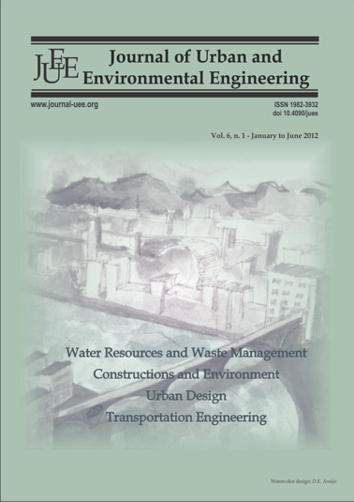DEVELOPMENT OF MICROBIAL CONSORTIUM FOR THE BIODEGRADATION AND BIODECOLORIZATION OF TEXTILE EFFLUENTS <a href="http://dx.doi.org/10.4090/juee.2012.v6n1.036041">(doi: 10.4090/juee.2012.v6n1.036041)</a>
DOI:
https://doi.org/10.4090/juee.2012.v6n1.%25pKeywords:
wase managementAbstract
In the current study three bacterial species (Bacillus sp., Pseudomonas sp., and Alcaligenes sp.) and two fungal species (Aspergillus sp., and Penicillium sp.) screened from 265 bacterial isolates and 35 fungal isolates respectively, were used in 23 different combinations for the biotreatment of textile waste water collected from Karur, Tiruppur and Coimbatore districts under aerated conditions. The chemical oxygen demand (COD), total solids (TS) total dissolved solids (TDS) & total suspended solids (TSS), hardness, and color intensity of the textile effluent was found to be very high than the permissible limits before treatment. After treatment one particular combination was capable of reducing the COD of the effluent sample by 75%. About five combinations of microbes efficiently reduced the color of the effluent by more than 50%. Another combination was found to be the most effective in the reduction of TS and TDS by 90% and 69%, respectively. Though there was no drastic change in the pH of the sample, it was not of great concern as the pH of the sample was well within the permissible limits for the discharge of the wastewater in to natural sources after treatment.Downloads
Download data is not yet available.
Downloads
Published
2012-06-29
Issue
Section
Articles




